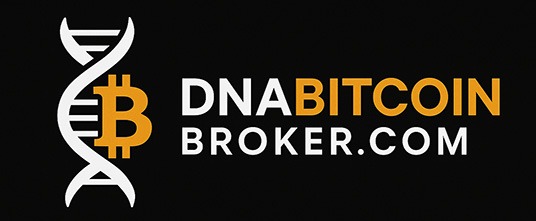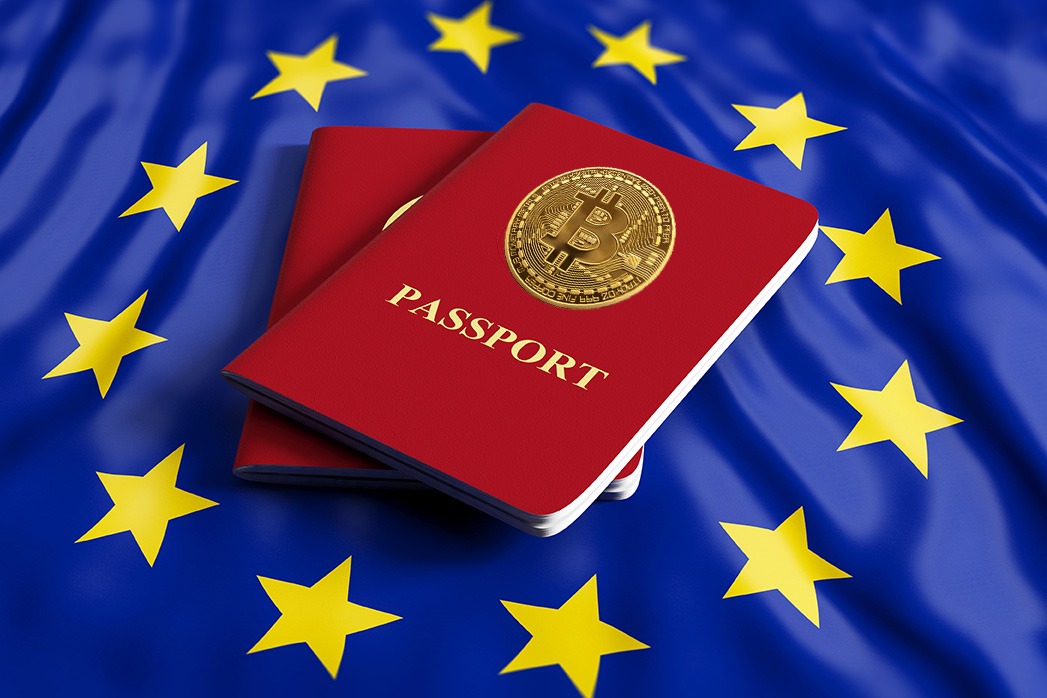The MiCA Passport: Unlocking Borderless Real Estate Investment in the EU
The Markets in Crypto-Assets Regulation (MiCA) is set to reshape the financial landscape across Europe. More than a regulatory milestone, it presents a unique opportunity for platforms that bridge crypto and real assets, such as DeFi Property, to unlock cross-border capital flows in the EU’s $17 trillion single market.
“MiCA is not merely a set of rules—it is the foundation for pan-European crypto scalability,” explains DNAcrypto.co. “It gives investors trust, platforms legitimacy, and start-ups a license to grow.”
MiCA: The First Harmonised Crypto Framework for 27 Countries
MiCA introduces a unified licensing regime—the MiCA passport—allowing Crypto Asset Service Providers (CASPs) to operate across all EU member states under a single license. For DeFi Property and similar platforms, this transforms the game:
– List tokenized assets EU-wide with one authorisation.
– Onboard investors in Milan, Berlin, or Athens under one AML/KYC flow.
– Streamline capital deployment using digital euros or stablecoins.
“MiCA eliminates the fragmentation that stifled innovation in crypto finance. It offers the clarity institutional capital needs,” states a recent DNAcrypto article.
Why MiCA Outpaces the UK, US, and Asia
| Region | Regulation | Key Challenges |
|---|---|---|
| EU | MiCA Passport | Harmonised rules, capital buffers |
| UK | FCA-led regime | Fragmented licensing |
| USA | SEC/CFTC divide | Enforcement-first, unclear jurisdiction |
| Asia | Mixed clarity | Singapore/HK lead, others uncertain |
While the US still grapples with litigation and state-by-state licensing, and the UK advances cautiously with its policies, Europe is taking a leadership stance with MiCA.
Tokenization + MiCA = Real Estate Without Borders
Historically, real estate has been illiquid, siloed, and local. But tokenization—by converting properties into programmable digital assets—removes those frictions. Now, with MiCA:
– Properties in Lisbon or Warsaw can be tokenized and made accessible to any EU investor.
– Compliance is automated, borderless, and fast.
– Investments settle in minutes using blockchain rails and stablecoins.
“The tokenization of property, supported by MiCA, could be Europe’s answer to unlocking dormant real estate value,” says DNAcrypto in its analysis of real estate tokenization.
MiCA Requirements: Capital, Compliance, and Cybersecurity
– Minimum Capital: €50K–€150K depending on services.
– Operational Buffer: 25% of the previous year’s fixed costs.
– Insurance & Flexibility: Risk-mitigation options for startups.
This financial architecture is strengthened by DORA (Digital Operational Resilience Act) and TFR (Transfer of Funds Regulation), ensuring:
Resilient IT and cybersecurity infrastructure.
AML compliance through the “travel rule” for crypto transfers.
Together, they turn Europe into a safe and regulated home for institutional crypto investors.
The Competitive Edge for DeFi Property
Early adoption of MiCA gives DeFi Property an advantage as both a licensed gateway and asset manager:
– Partner with developers to bring tokenized projects to market.
– Attract institutional capital seeking transparent, yield-generating assets.
– Serve global investors from the Middle East, Asia, and the Americas, via a trusted EU regulatory framework.
Why This Is a MiCA Moment
MiCA is Europe’s digital passport to innovation. It’s about borderless compliance, yes—but it’s also about borderless credibility.
“Firms that treat compliance as strategy—not obligation—will become tomorrow’s market leaders,” reads the DNAcrypto position on regulatory readiness in The End of Anonymous Trading.
Related Reads on DNAcrypto.co
Image Source: Adobe Stock
Disclaimer: This article is purely for informational purposes. It is not offered or intended to be used for legal, tax, investment or financial advice.

